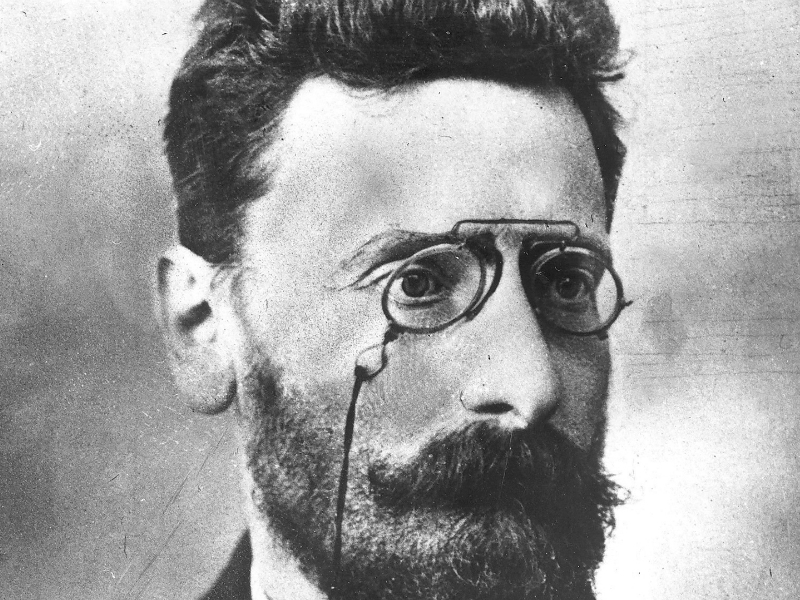Everyone’s heard about the Pulitzer Prize, but what about the man behind the prestigious award?
Joseph Pulitzer was a Jewish immigrant who left his native Hungary to become a Union Army recruit during the American Civil War. At 17, he landed penniless in St. Louis and taught himself to speak English. At 22, he was elected to the Missouri legislature and went on to build a small newspaper into a media empire.
Now we can delve into Pulitzer’s fascinating life thanks to the documentary, Joseph Pulitzer: Voice of the People, which recently premiered as part of the Emmy Award-winning American Masters series on PBS and is now available for streaming on the PBS app.
Pulitzer is variously described as a journalist, media mogul, innovator, entrepreneur and champion of a free press. As publisher of the New York World, he pitted himself against William Randolph Hearst, who published the New York Journal. The two engaged in sensationalist “yellow journalism,” leading up to the Spanish-American War.
However, Pulitzer remained committed to the principles he embraced from the time he was a teenager and used his newspaper to advance them. In fact, the Pulitzer prizes in journalism are awarded for “the most disinterested and meritorious public service rendered by any American newspaper during the preceding year,” as specified in Pulitzer’s will.
READ: THE ISRAELI ATTORNEY WHO DEFENDS PALESTINIAN TERRORISTS
Among his causes, Pulitzer rallied for taxes on high income earners and against doctored milk, contaminated water and substandard tenement conditions. He supported decent wages, safer working conditions and a shorter workday, and was fighting against entrenched interests before it was popular to do so.
Before the advent of crowdsourcing, Pulitzer ran a campaign to fund a pedestal under the Statue of Liberty, which solicited major donations, as well as pennies from schoolchildren. He fought the one-cent pedestrian toll on the new Brooklyn Bridge with the slogan, “Let the Bridge Be Free/A Penny Is a Workman’s Lunch,” splashed across the front pages of his newspaper.
Toward the end of Pulitzer’s life, he was sued by U.S. President Theodore Roosevelt for libel, over his investigation into the US$40 million (which today would be $1 billion) that went missing during the building of the Panama Canal. It went all the way to the Supreme Court and Pulitzer won. In Pulitzer’s words: “Freedom of speech is not a favour to be exercised at the pleasure of the president.” This century-old legal battle ironically echoes U.S. President Donald Trump’s current war with the media.
To engage readers, Pulitzer created dynamic visual layouts and employed
big-name journalists, such as Nellie Bly, who was famous for going undercover into an insane asylum to write an exposé about what went on behind closed doors.
The documentary covers Pulitzer’s cantankerous reputation in the newsroom, but also includes a poignant reading of what he called his first love letter to his wife. His irascible nature can be attributed to his drive and perhaps in part to his severe health problems. He continued to work, even after he went blind and became so sensitive to noise that he had to occasionally retreat to special rooms.
Directed by Oren Rudavsky and narrated by Adam Driver, the documentary includes many photographs and notable interviews with journalists, biographers and scholars. Liev Schreiber provides the voice of Pulitzer.
My sole quibble with the production is Schreiber’s accent. Pulitzer spoke German and French, but his accent would have been Hungarian and Schreiber doesn’t succeed. However, the show succeeds in providing a memorable, focused snapshot of a man, an industry and an era in 85 minutes.
